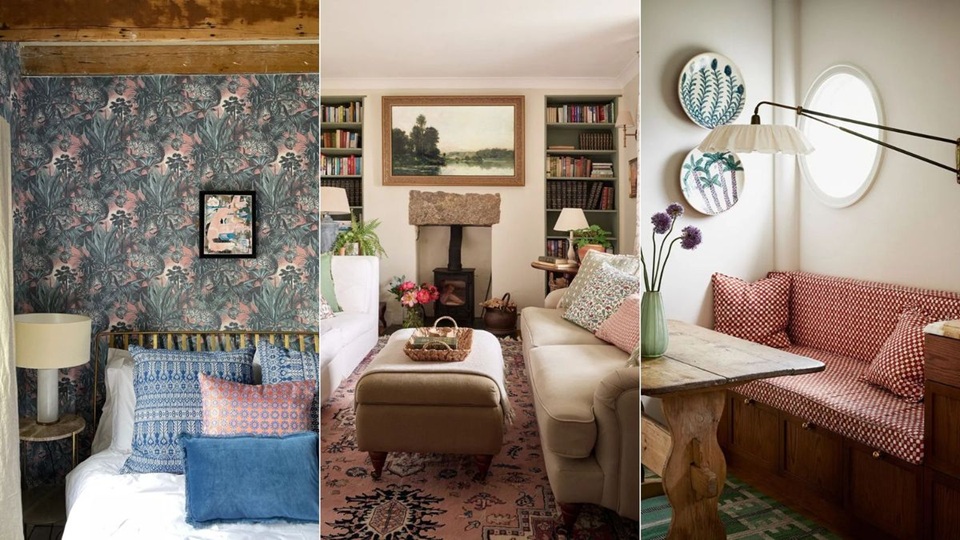Every storage box with lid represents far more than mere containment—it embodies our collective yearning for order amidst the beautiful chaos of contemporary life. In homes across Britain and beyond, these humble yet ingenious containers have quietly revolutionised how we approach organisation, space management, and the very notion of domestic tranquillity.
The evolution of storage solutions mirrors our changing relationship with possessions themselves. Where once we might have relegated unwanted items to dusty attics or forgotten corners, today’s homeowners recognise that thoughtful organisation isn’t merely about hiding clutter—it’s about creating environments that nurture both productivity and peace of mind.
The Psychology Behind Organised Living
Research consistently demonstrates that organised spaces directly impact mental wellbeing and cognitive function. When we examine the role of storage solutions in this context, the significance becomes remarkably clear. A properly organised storage system doesn’t simply hide our belongings; it creates psychological breathing room.
Consider the morning routine of a typical household. Without adequate storage, everyday items scatter across surfaces, creating visual noise that the brain must constantly process. Each misplaced object represents a small decision the mind must make: acknowledge it, ignore it, or mentally note it for later attention. These micro-decisions accumulate throughout the day, contributing to what researchers term “decision fatigue.”
Effective storage systems eliminate this mental taxation. When items have designated homes within clearly labelled containers, the brain can focus on more meaningful tasks rather than constantly cataloguing domestic disorder.
Material Considerations and Durability
The choice of storage container material profoundly influences both functionality and longevity. Modern manufacturing has produced an impressive array of options, each suited to specific applications:
• Polypropylene: Excellent chemical resistance and flexibility, ideal for garage and workshop environments
• High-density polyethylene: Superior impact resistance, perfect for heavy-duty applications
• Transparent acrylic: Combines visibility with aesthetic appeal, suited for living spaces
• Bamboo fibre composites: Environmentally conscious option with natural antimicrobial properties
• Reinforced cardboard: Cost-effective solution for temporary or light-duty storage needs
The lid mechanism deserves particular attention. Hinged lids offer convenience but may compromise durability under heavy use. Removable lids provide better access but require additional storage space when not in use. Snap-fit designs balance convenience with security, though they may wear over time.
Size Optimisation and Space Planning
Effective storage planning begins with honest assessment of available space and genuine storage needs. The temptation to purchase oversized containers often proves counterproductive, as they become too heavy to move when filled and may not fit efficiently within available spaces.
Professional organisers frequently recommend the “Russian doll” approach—selecting containers that nest efficiently when empty while providing varied capacity options when deployed. This strategy maximises storage flexibility whilst minimising the space required for storing the containers themselves.
Climate Considerations and Content Protection
British weather patterns present unique challenges for storage systems. Humidity fluctuations between seasons can wreak havoc on sensitive items, whilst temperature variations may cause certain materials to expand and contract, potentially compromising seal integrity.
Proper ventilation becomes crucial for containers storing organic materials. Completely airtight storage may seem ideal, but it can trap moisture and promote mould growth. Strategic ventilation—achieved through small, strategically placed holes or breathable lid materials—often provides superior protection.
“Organisation isn’t about perfection; it’s about efficiency, reducing stress and clutter, saving time and money and improving your overall quality of life,” observes Christina Scalise, a professional organiser whose insights reflect broader trends in domestic space management.
Seasonal Rotation Strategies
The changing seasons provide natural opportunities for storage system evaluation and optimisation. Winter clothing storage during summer months, holiday decorations during off-seasons, and gardening equipment during dormant periods all benefit from systematic approach to rotation.
Effective seasonal storage requires three key elements:
• Clear labelling: Detailed contents lists prevent unnecessary searching
• Access consideration: Frequently needed items should remain easily accessible
• Protection protocols: Cleaning items before storage prevents pest attraction and material degradation
Maintenance and Longevity
Even the highest-quality storage systems require periodic maintenance to ensure continued effectiveness. Regular cleaning prevents odour accumulation and material degradation. Inspection of hinges, clasps, and seals helps identify potential failures before they compromise stored contents.
Environmental Impact and Sustainability
Contemporary consumers increasingly consider environmental implications when selecting storage solutions. Durability represents perhaps the most significant environmental factor—containers that last decades reduce overall resource consumption far more effectively than supposedly “green” alternatives that require frequent replacement.
The Future of Domestic Organisation
As living spaces continue to shrink whilst possessions multiply, the importance of effective storage solutions will only intensify. Smart storage systems incorporating technology for inventory tracking and access control may soon become commonplace, but the fundamental principles remain unchanged: effective organisation enhances quality of life by reducing stress and improving efficiency.
The journey towards better organisation need not be overwhelming. Small, incremental improvements often yield disproportionately large benefits. Each thoughtfully chosen storage box with lid represents a step towards domestic harmony and personal wellbeing.









